How AI is changing Digital Marketing?
Vedang Kadia
12/12/202410 min read
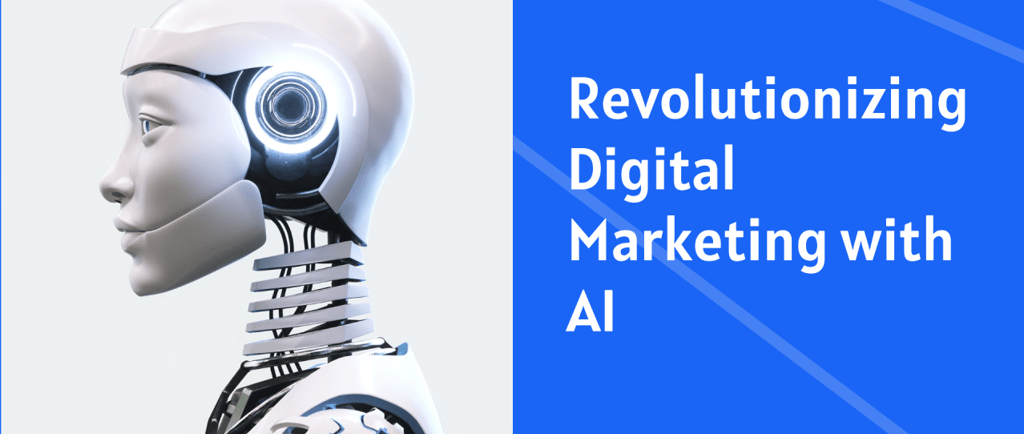

What is Digital Marketing?
Digital marketing is defined as the process of selling goods and services via digital media, including social media, Email, search engines, and websites. Such a method is useful in that it expands the scope of business reach and provides interaction with the target audience impossible in marketing. Some of the digital marketing techniques are content marketing, search engine optimization, influencer marketing, and web advertising.
Through these channels, businesses can define the intended audience, cascade campaigns, monitor campaign impact, and make real-time adjustments. This means that the marketing activities being carried out are more productive and result-oriented, hence creating more business out of the whole marketing exercise.
What is AI?
AI stands for artificial intelligence and is described as the ability of machines to imitate one or all aspects of human intelligence. AI is also described in broader terms, which associate it with machine learning and natural language processing, robotics, and other disciplines.
These technologies allow an AI system to have the ability to identify speech, decide, and translate between languages. For digital marketing, AI facilitates the analysis of large data sets, automation, providing the right messages to the right customers. This, in turn, improves the existing marketing plan and possibilities to narrow down the focus and interact with clients.
How AI is Changing Digital Marketing:
AI is now disrupting the digital marketing field due to the methods it offers that help refine the data gathering and handling approaches, customer targeting, and campaign customization processes. AI algorithms are capable of processing huge amounts of information and making analyses concerning consumer behavior faster than human beings; marketers can use the results of such analysis to develop finer and better campaigns.
Besides, others like email marketing, commercial posting, etc., can also be automated by AI, leaving the marketers with only the key tasks to deal with and think about. Consequently, commercial organizations reach better Returns on Investment, and customers tend to develop friendly relations with businesses.
Myth or Truth - Is AI Transforming the Digital Marketing Industry?
The matter of fact is still open, whether AI is just a fancy word utilized in discourse connected with digital marketing or a driving force that evolves this field. Nevertheless, numerous examples and cases show that the role of AI in modern industry is exceptionally important. It has been noted that companies applying AI have seen a relative enhancement in customer interaction, leads, and sales. Leverage in customer care; services such as chatbots and other analytical tools that incorporate the use of Artificial intelligence are becoming core assets to the marketing strategies of companies.
Although there are barriers that can be encountered in the adoption of AI, the advantages of the technology are considerably faster in comparison to the liabilities, which makes AI a significant resource for the modern marketer.
Why Use AI?
Thus, AI provides many benefits in the context of digital marketing. Some of the tasks it can effectively accomplish include data entry, marketing through emails, and social media, among others. since it cuts across many people and may contain many errors. AI also enables marketers to know the customers better, hence enhancing the chances of marketers to develop unique content and campaigns. This leads to an increase in the level of customer satisfaction and thereby customers’ loyalty.
In the same way, AI may also facilitate the utilization of advertising budget on the most convertible leads, and hence, bigger conversion ratios, paving the way to enhanced ad spend potential. Altogether, the application of AI is beneficial to companies as it enhances their marketing goals’ accomplishment.
What are the Pros and Cons of AI in Marketing?
Pros:
1) Improved A/B Testing:
AI can perform A/B tests rather quickly and this would not be possible if it was done entirely by the human resource. It enables the marketer to know which content is more effective and which strategy yields the best results. AI can also narrow down the results and provide real-time analysis of the tests that a person undertakes. Improved A/B testing leads to a better understanding of what resonates with the audience and higher conversion rates.
2) Targeted Lead Generation and Client Segmentation:
AI is used to draw insights to identify leads and categorize clients according to their actions and choices. It also makes it possible for marketing communication to be focused on the prospects that are most likely to produce good results. AI can determine which of the leads are most likely to turn into buyers and therefore give them priority. This is a very important approach in marketing because it makes businesses address the right audience hence boosting their chances of success and return on investment.
3) Content Creation Written by AI:
AI can write blog posts, social media updates, product descriptions, or any kind of textual content. These tools employ artificial intelligence and specifically natural language processing to produce quality content that will appeal to the target audience. This assists marketers in having a proper and continuous flow of content and hence managing the workload. Despite the occasional need for human intervention in training the AI, it can help in the generation of content quite swiftly and provide a continuous stream of new content.
4) Timely Messaging:
AI ensures that marketing messages are delivered at the correct time to capture the attention of the audience it is intended for. It identifies the frequency of operation and timing to approach the users. This in turn increases the chances of the messages being opened and answered by the recipients. Mailing should be done at the appropriate time so that the customers can show interest in the products and make purchases. And since users are mostly likely to be active at those times, businesses have a better shot at achieving higher marketing outcomes.
5) Self-Learning:
AI systems can remember previous conversations and even experience learning regarding interactions with customers. This makes them more potent as time progresses. For example, AI can learn from the kind of feedback it has been receiving or the level of users’ engagement. This self-learning capacity means that AI tools will not only stay current in an ever-evolving digital environment but will also adapt their operation for optimum efficiency. AI systems will continue to improve over the next five years and will become more effective at understanding the customers’ needs and fulfilling them.
Cons:
1) High implementation costs:
Consideration of AI in marketing often implies considerable costs such as acquisitions of hardware and software and training of employees. As is explained, it could be challenging to establish the initial expenditures for the technology, especially for small businesses; thus, the competition with large organizations may be tough. The financial cost of AI technology can be a significant obstacle to entry, particularly for startups and small businesses.
2) Requires technical expertise:
This presents a challenge for some businesses because marketers themselves require or should possess the skills to effectively use these tools. This frequently requires recruiting specialists or providing additional training to in-house workers, which can be both time-consuming and expensive. Furthermore, AI technology is constantly developing and changing, so it is crucial to educate oneself constantly and adapt to new information and programs.
3) Potential loss of jobs:
In the future, as AI continues to absorb more activities, there is potential for jobs with repetitive work to become obsolete. This can even lead to job insecurity and make it necessary for the company to look for methods of repurposing the involved employees. The change might be dramatic for both the employee and employer since it causes drastic alternation of the employees’ positions.
4) Data privacy concerns:
AI applied in marketing means that large amounts of data are being gathered and analyzed, thus there may be privacy concerns. Since data is managed within businesses, care should be taken to respect the laws on data protection and also retain the trust of consumers. Not doing so may incur legal consequences and affect the brand image negatively in the process.
5) Dependence on technology:
One disadvantage of relying on AI functionalities is that these systems are prone to technical glitches and breakdowns. Marketing can also be inhibited when AI systems fail or are not maintained appropriately, which will further affect the performance of the business. Also, reliance on these technologies may limit human supervision and analytical capabilities in the decision-making processes.
Will AI Replace Digital Marketers?
AI is not a threat to digital marketers but rather will change the nature of the work that digital marketers do. Marketers will also require more strategy, imagination, and certainly, a clear understanding of AI technologies. AI will manage and analyze data and automate tasks so that marketers will be in a better position to make wise decisions.
This shift will also entail the marketers to change course learn new skills and adapt to the new technologies. Thus, although AI can be very useful in marketing initiatives, creativity, and strategy will never be fully delegatable to AI systems. With digital marketers and AI in place, there will be even better and enhanced marketing techniques in the future.
What’s the Future of AI in Digital Marketing?
Based on the various scenarios that have been presented AI has a bright future in digital marketing and its future will not only be shaped by the existing technologies but also the future advancements that will provide a better way of doing the existing. Leveraging the power of AI will open up opportunities to greatly enhance the quality of the insights generated about customers and provide unprecedented predictive modeling based on real-time information.
Consumers will benefit also because marketers will be able to direct-read their audiences and, therefore, provide them with highly personalized content. Moreover, the use of AI in these marketing strategies will display an extended effectiveness with increased risk. The application of AI is bound to become more integrated into digital marketing as it becomes more advanced and this can be seen as a key factor that cannot be overlooked by business establishments that want to compete effectively in today’s diverse market.
What are the Different Types of AI?
1) Machine Learning:
When it comes to artificial intelligence, machine learning is a component that enables systems to learn with experience and demonstrate scaling. It involves the use of various models that are incorporated into a computer to assess a given element, discover a given pattern, or else project a given trend. In digital marketing, machine learning has particular uses in customer segmenting, predictive analysis, and recommendation systems. This is especially advantageous in marketing because machine learning enables the system to constantly learn from data and adapt the model to be more accurate with subsequent cycles.
2) AI Assistants & Chatbots:
AI helps through its customer support tool: AI assistants and/or chatbots respond to clients within the shortest time possible, and the responses can handle all the questions that may be presented at one time. They employ natural language processing to parse customer inquiries and allow representatives to respond.
These tools assist businesses in penetrating the market and responding to customer inquiries and complaints faster. For instance, customers can engage with chatbots to help in making suggestions, knowing the status of their orders, and the handling of complaints. It also improves the quality of the overall customer service experience and enables human agents to tackle specific and detailed jobs.
3) Voice Search:
Voice search is a type of search engine that is spoken to by the users to get the required results. Computing gadgets, including smart home appliances such as speak-to-me devices such as Siri, Alexa, Google Assistant, etc are also frequently initiated. Therefore, marketers should balance how their content will be processed by the voice search to increase its visibility. They include the application of natural language, response to frequently asked questions, and sharing of pertinent information. Leveraging it shall be an added advantage for businesses as consumers continue to shift towards voice search engine results.
4) Marketing Automation & Personalization:
AI makes marketing functions an automated process where it can control tasks like email to customers, social media posts, and advertising. It also does that rather in line with the personal characteristics of the users of the software application. This makes sure that the marketing message that is to be relayed whether through the printed media or any other medium is appealing to the interests and the relevance of the consumers. For instance, the subject lines of promotional emails sent can be personalized, product suggestions based on the user’s past actions, or even the advertisement location can be tweaked. This level of personalization also decreases the possibility of one making the wrong decisions since it will always result in conversion and improved customer satisfaction.
The Future of Digital Marketing is Here:
AI, which was long associated with a future technology, is already part of digital marketing today. AI can also be used to improve the results of marketing plans and strategies by firms. AI tools or solutions enhance data productivity, specialized content development, and self-service customers. The above tools help marketers to provide high user engagement and create more meaningful interactions with the audience. Thus, AI remains an ever-evolving feature of the digital marketing field ,which, as the technology develops, will remain an inseparable part of modern marketing.
Conclusion:
AI as a tool is the future of digital marketing, benefiting it in various ways like better user experience, better segmentation, and customer analytics. It is therefore clear that even with the implementation of AI the job of digital marketers will be shifted and not eliminated. This means that marketers are to concentrate on strategy and creativity in marketing while on the other hand, AI covers the analytical workload and automation of routine tasks. This paper aims to address how there is a need for firms to adopt the technology of AI to remain relevant and provide effective marketing communication. Digital marketing with the help of AI is not just another hype that can be a part of the trend, it is a massive change that has come to stay. Any business that will accept this great change will be in a vantage position to thrive in the increasingly digital economy.
Let's wrap up with this thought: Let me know your thoughts on this: What do you think about AI in digital marketing?
Intrigued by what it can do for your strategy, to change the game and take it to the next level?
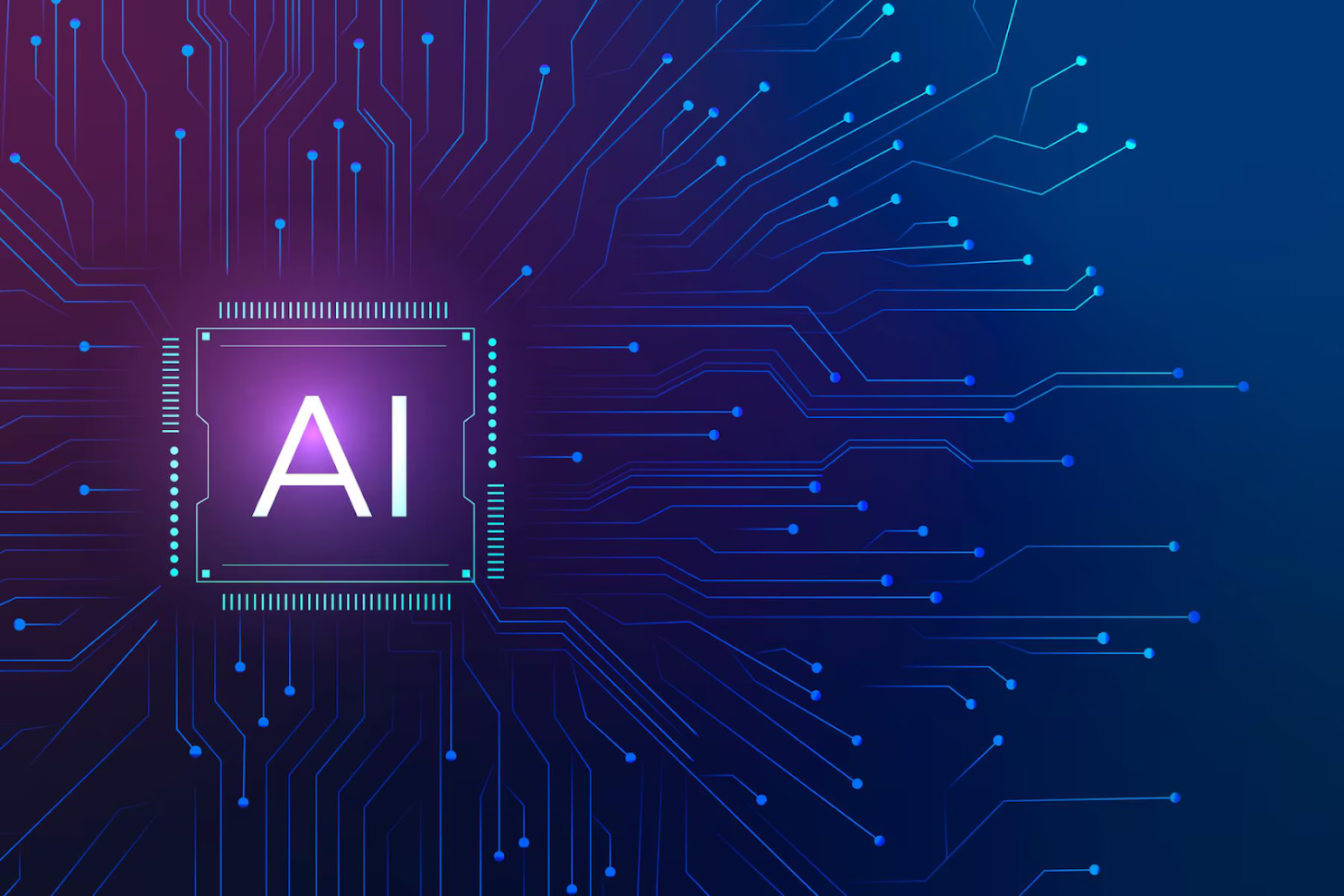

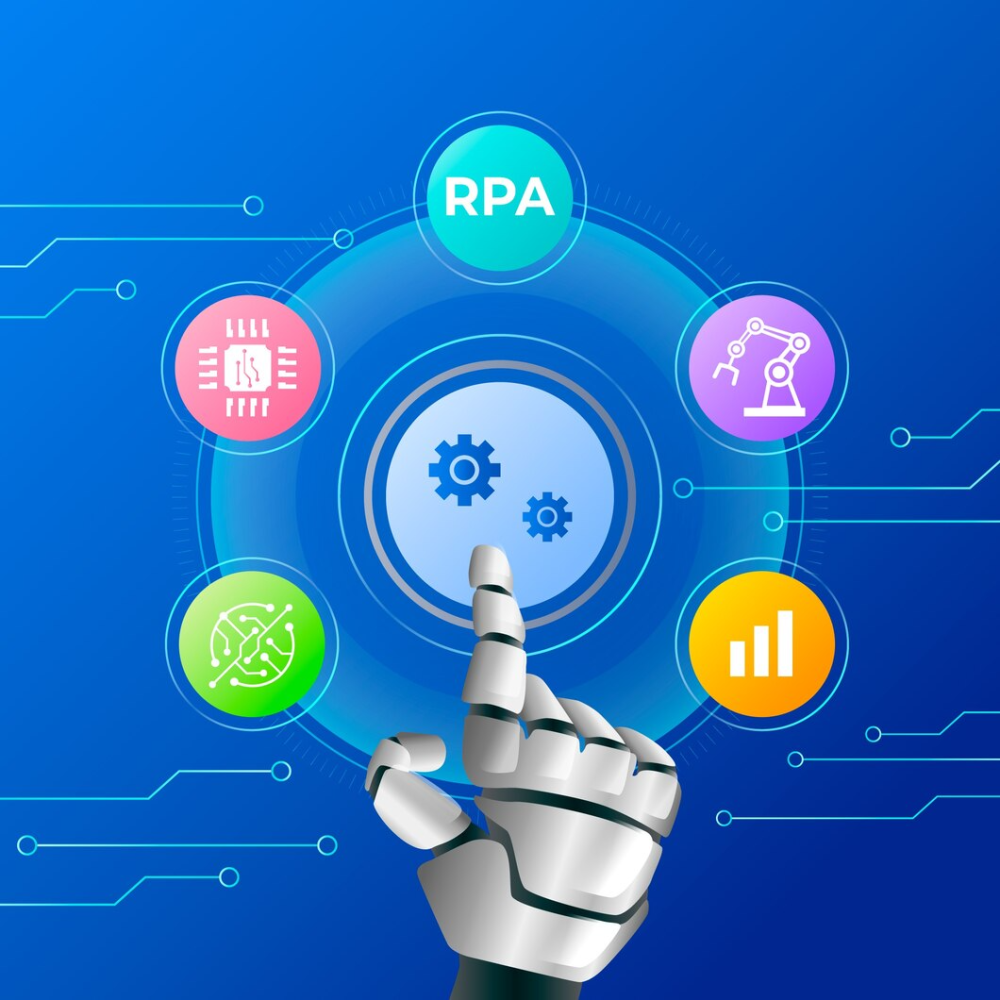

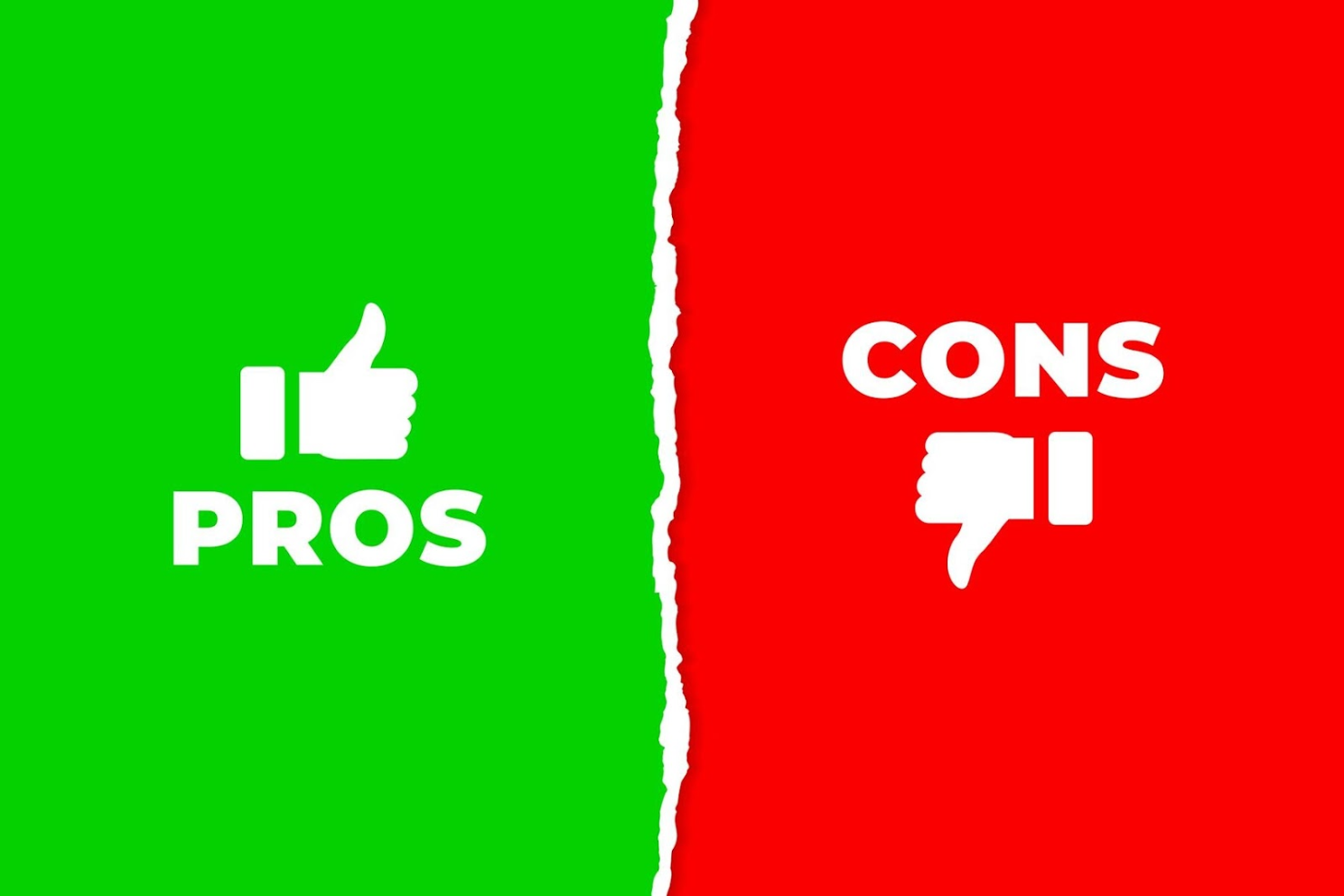



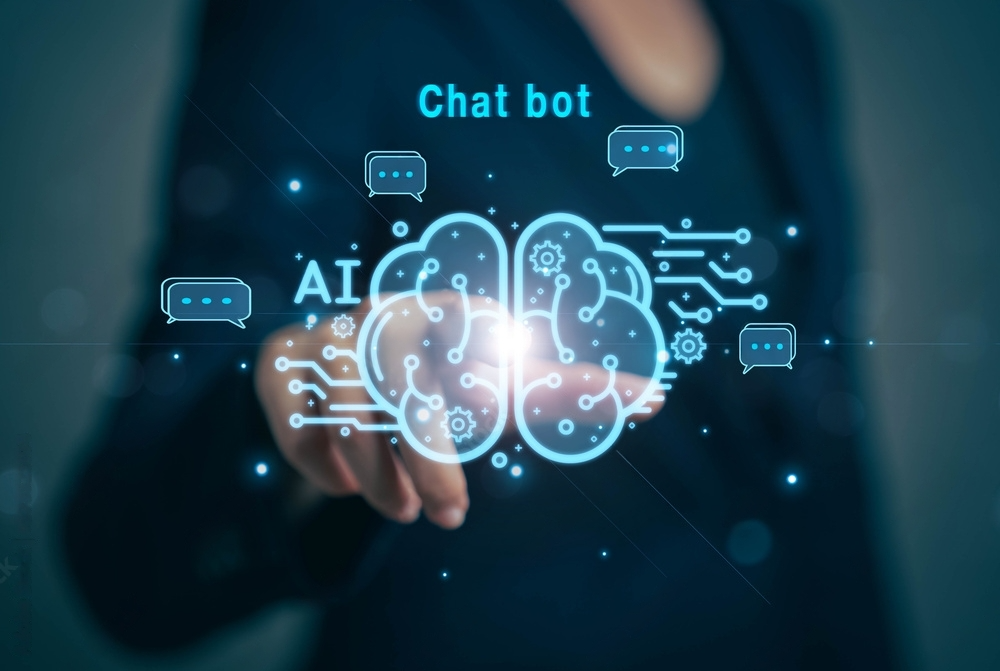





Vedang Kadia
Legal Disclaimer | Terms and Conditions | Cookie Policy
© 2026. All rights reserved
Legal Disclaimer
Terms and Conditions
Cookie Policy